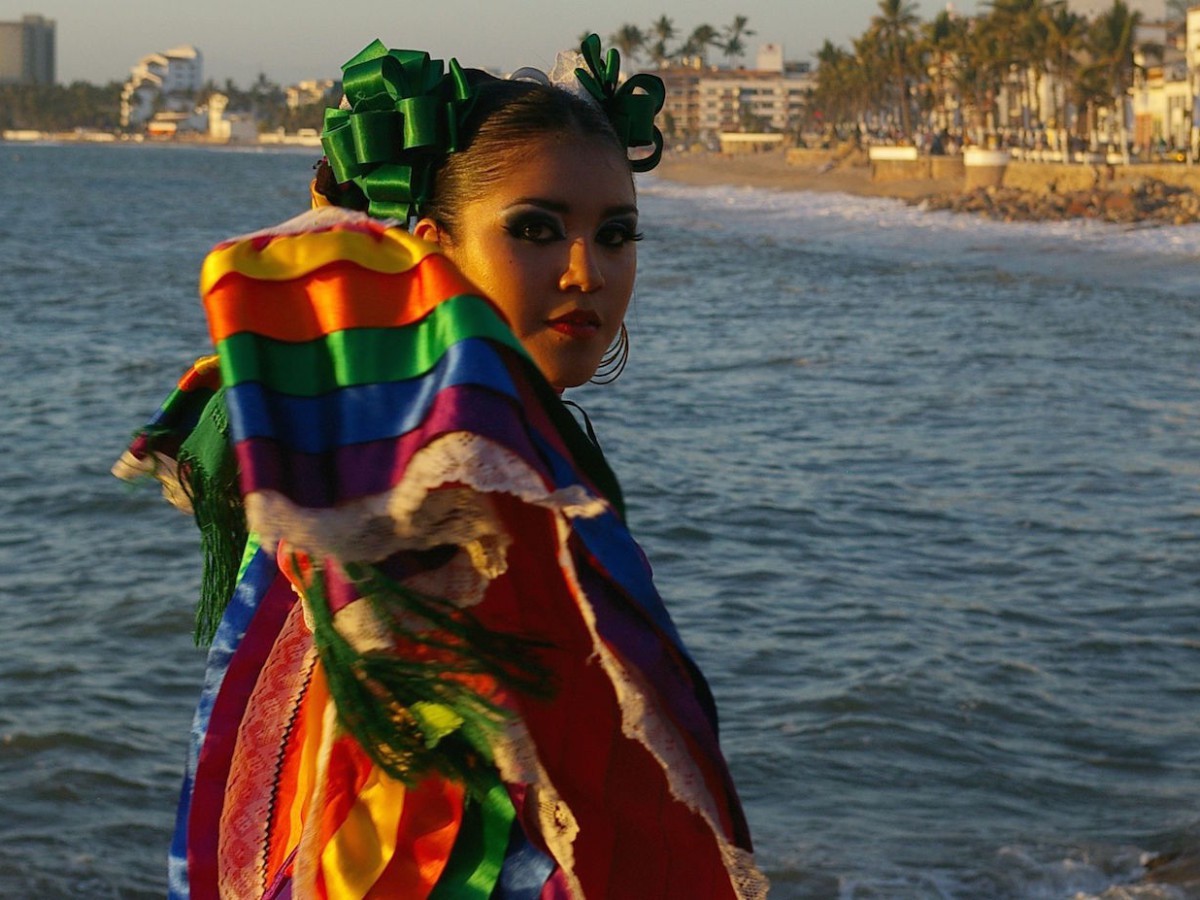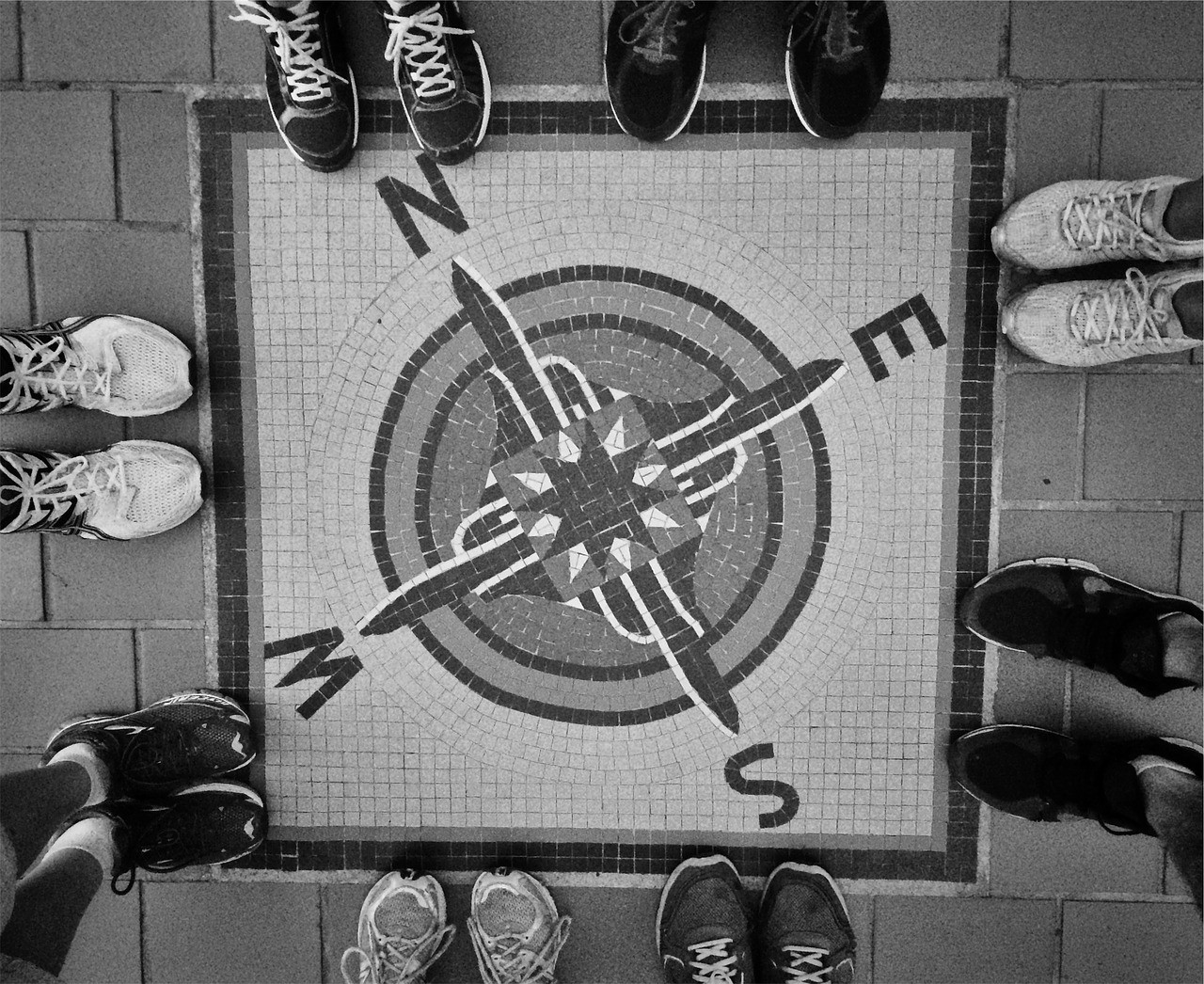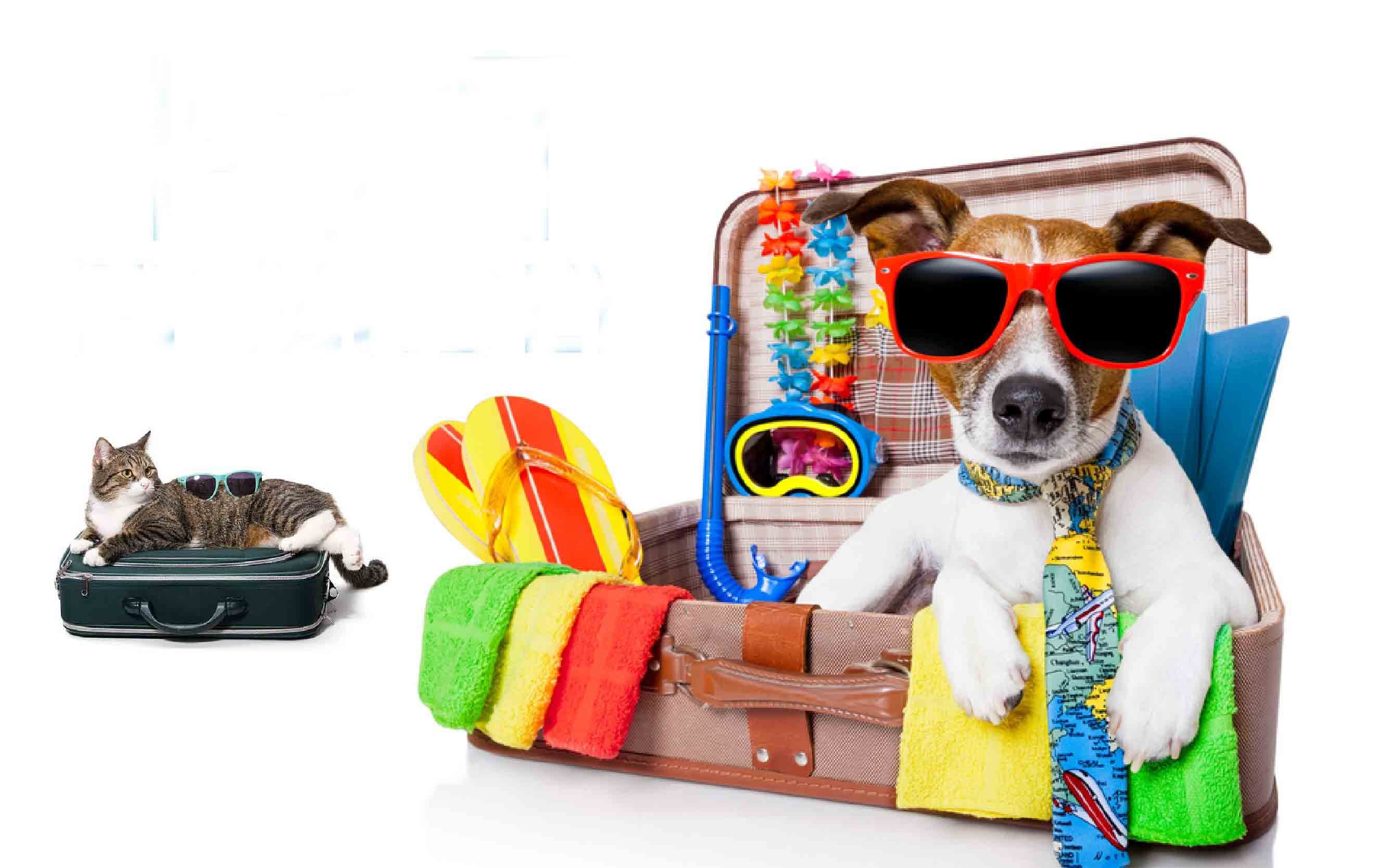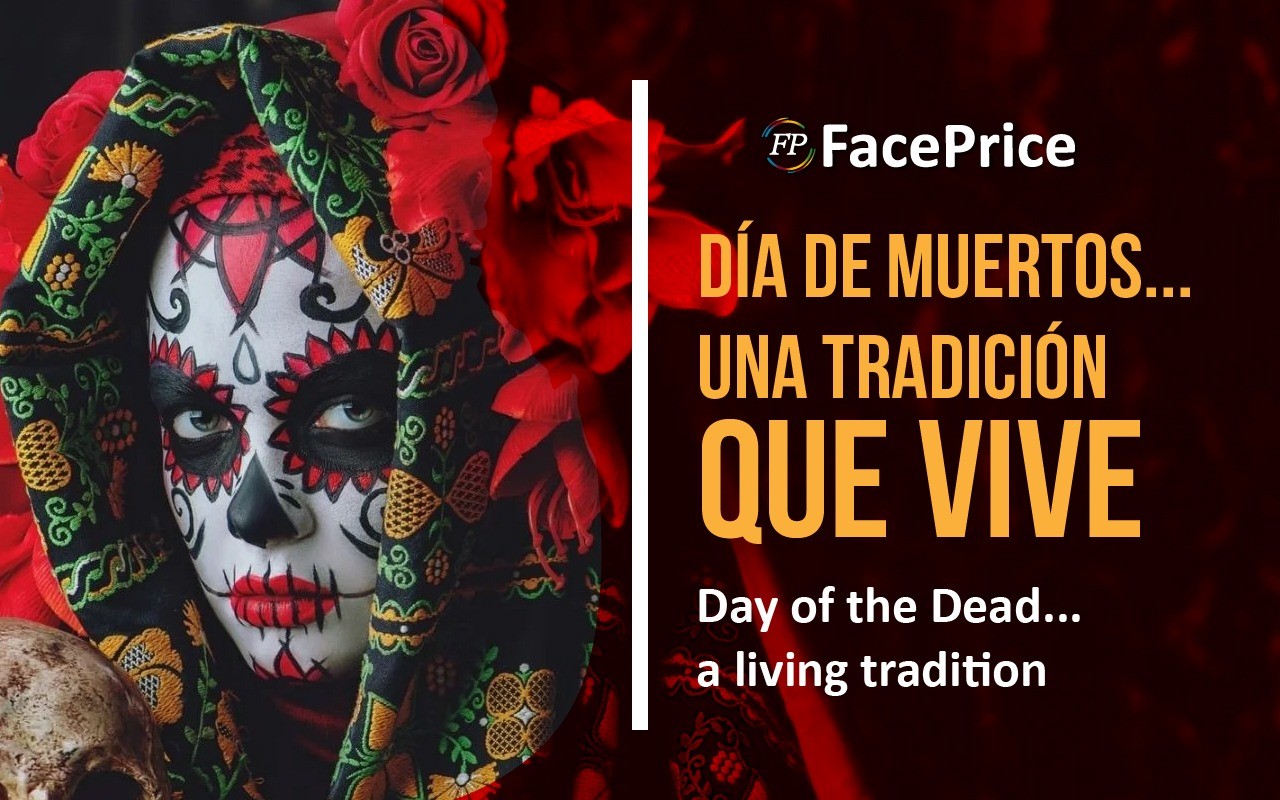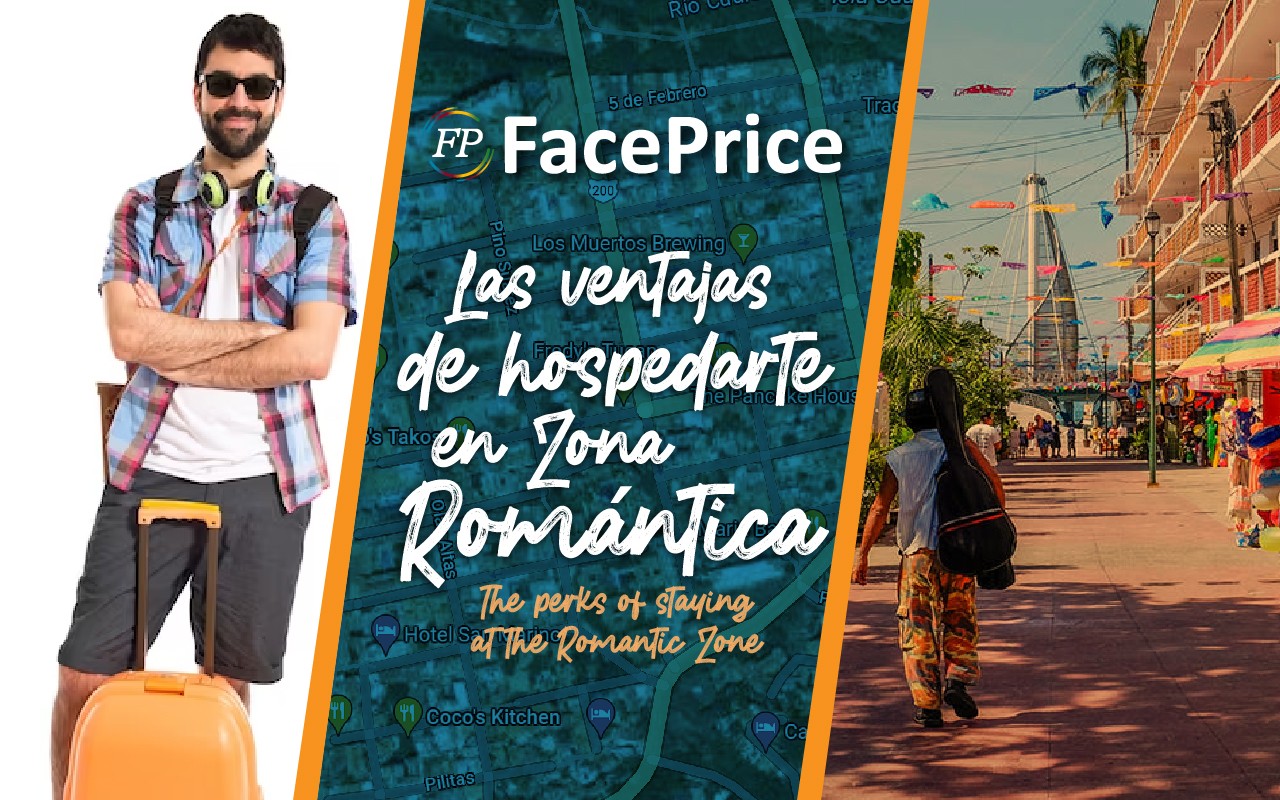Weall perfectly know what is going on in the world with the health emergency thatthe Coronavirus has brought but unfortunately not all of us are really aware ofthe importance of knowing how to deal with the situation, knowing that weshould not minimize the effects this could bring and to do anything in ourhands to protect ourselves and to not risk anybody else.
Thereare certain basic aspects we have to know about Coronavirus, understanding in abetter way what’s happening, and not falling into the panic that the disinformationcauses, which is what is really worrying.
This is a virus that spreads through aerosolsprays, this means that sick people cough or sneeze and liberate small“particles” contaminated with the virus, and these could land on othersurfaces. How can you get sick? You can get infected if you’re too close tosomebody who’s already infected (1.5 meters approximately) and their “aerosols”land on your face, or if you touch something contaminated (with areosols fromsomebody sick) and you put that contaminated hand in your face, because thevirus enters through the mucous membranes, which are eyes, mouth and nose. Thevirus does not enter through the skin, as a matter of fact, the skin acts likea barrier that protects us from something entering our body.
How can we prevent? Understanding the previouspoint, it’s only natural to say that in order to prevent you must avoid beingtoo close to a sick person, washing your hands constantly in case you touchedanything contaminated, and avoid touching your face with your hands withouthaving washed them previously. Using antibacterial gel throughout the day also helps.
Rememberthat if you cough or sneeze, cover with the inner part of your elbow so youdon’t leave these “aerosols” in your hands and then stick them in objects. Thisis why it’s important to remember to not shake hands, kiss or hug each other. We know that this is a habit we doautomatically but we must have this in mind to avoid making this kind ofmistakes.
Now let’s understand the symptoms. The mostcommon are dry cough and fever, but also fatigue and breathing difficulty canbe shown, if you believe you may have the virus, first call your doctorand have a medical consultation over the phone before leaving your house. We have to understand well the symptoms and know howto identify them. It is diagnosed the following way: Suspicious cases(following the criteria of the symptoms, having been out of the country into arisk zone or having had direct contact with someone who’s been confirmed assick, among other criteria), take a sample with a “special Q-tip” in nose andthroat. That sample is analyzed and all the diseases we do know are beingsearched first, it means, all of them but the new Coronavirus. Why? Becausethey first have to rule out that you don’t have any of the many other knownviruses that can cause respiratory diseases. If you test negative to all theknown viruses, then it’s probable that you have the “unknown” virus, meaningthe new Coronavirus and here’s when your sample will get analyzed againstCoronavirus specifically. This will be done by the hospital you’re in and besides,that sample will be sent out to the INDRE, the national agency referred to giveany official confirmation.
Do all positiveCoronavirus cases have to get admitted in the hospital? No.
80%of the sick people only show mild symptoms that can be taken care of from yourown home, isolated so you don’t go spreading it to the world, with phonesupervision from your doctors. The remaining 20% should be treated underisolation in the hospital, due to respiratory difficulty or a very low oxygensaturation, among others. Only 3-5% of the sick people in the world have shownsevere cases. Most of the half of the infected people in the world has alreadyrecovered.
So why not going straight to the Coronavirustests to everyone sick, like they do with influenza? Simply because there arenot enough. This is a global crisis and there are not enough specific tests,therefore they cannot be “wasted” on any patient with respiratory symptoms andturn out to be any other virus.
And what about a vaccine and treatment? There is no vaccine yet, andneither a specific treatment. But literally, the whole world is working on it,let’s hope that in a near future we’ll have these options and everything willbe more bearable, but for now, what we can do to take care of ourselves is tolisten to what the official media and health centers have to say and stay homeif it’s not really necessary to go out, avoid social gatherings and physicalapproaches, and most of all, stop spreading mass hysteria, not passinginformation that is not official or trust worthy. The best weapon against fearis real information.


